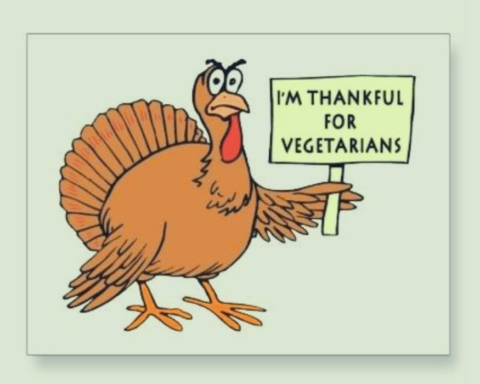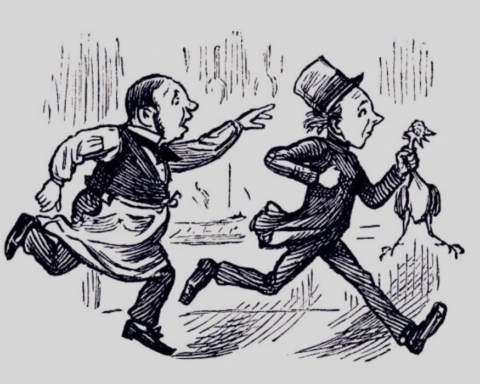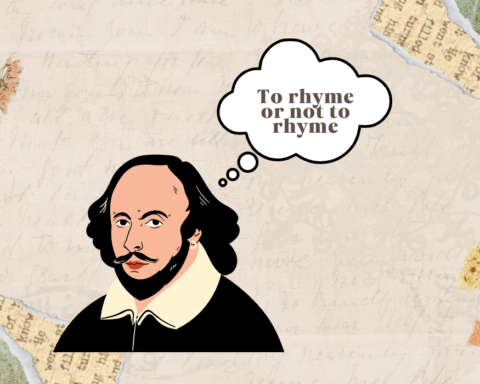Turkey is the main dish, the centerpiece of every Thanksgiving Dinner. There are a number of side dishes (e.g., Mashed potatoes and gravy), but Thanksgiving has always been associated with the big bird. The carving of the bird, how it’s stuffed and cooked are all very important aspects.
Every Thanksgiving, we have a dinner with the family and consume Turkey, yet we don’t know where it actually originates from or how the name Turkey came about.
I never thought how the bird was named while filling up my plate on Thanksgiving, but now that the topic has been touched, I’m sure that you are very curious to find out as I once was.
Turkey has a not precisely clear history, but it is fascinating how the bird has even been related to the Ottoman Empire. This Thanksgiving, you will have some informative stories regarding Turkey while having dinner with your family.
So let’s start from the beginning and the origination of Turkey.
History of Turkey
You’d be surprised to know that Turkey has nothing to do with the nation of Turkey as both have a similar name; it is very easy to assume there might be a relation there. The bird is native to the world and is consumed everywhere. The ornithologists know Turkey as “Meleagris gallopavo.”
The origination of Turkey is actually of America; believe it or not, Turkey is a domesticated fowl native to America apart from the Muscovy duck.
Turkey’s origins aren’t exactly clear but are likely connected to a misconception that these birds originated in the East, represented by Ottoman Turkey. The misconception has continued for years, and this is a confirmation that it is not so.
Historically, the English name Turkey derives from Medieval Latin via Old French as Turquie. Early evidence appears in Middle English (as Turkye, Torke, later Turkie, Turky), attested in Chaucer. Around 1369.
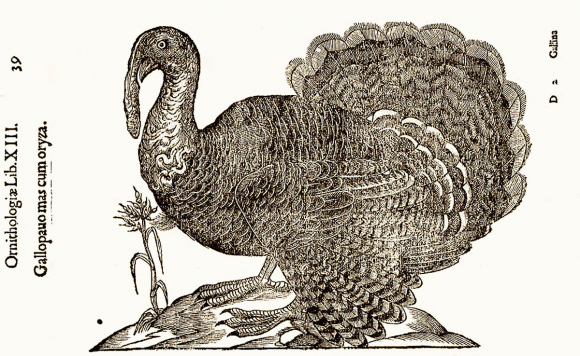
The story about their origination in the East is actually false as, prior to their contact with Europeans, the original Americans had already domesticated Turkeys in the Southwest.
When English colonialists arrived in what later became Massachusetts and Virginia in the 1600s, they brought domesticated Turkeys with them.
Yet these Turkeys are related to the Mexican Turkeys brought to Europe by the Spanish a century earlier.
So the history seems to be a bit everywhere, yet since the original Americans had domesticated Turkeys, it can be said that the bird is native to America.
Significance of Turkey in America
In today’s world, Turkey holds a deep significance in America’s Culture. Apart from it being the main dish on Thanksgiving, Turkey is native to America.
Historical lore states that Benjamin Franklin, the founding father of the United States, wanted Turkey to be the national bird. However, instead of Turkey, the Bald Eagle became the national bird of the United States, which he called a “bird of bad moral character.”
Was Benjamin Franklin pulling our leg? Elizabeth Gawthrop Riely believes so. Despite his proposals, Franklin wrote a letter to his daughter (one that was to be published) attacking and mocking the presumptions of the Society of the Cincinnati (a military society).
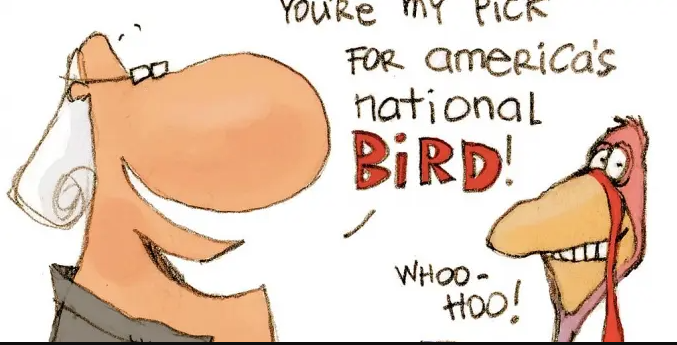
Traditionally, the Eagle is a symbol of European powers, so ragging on it is one way to display his emotions. So this is one point that proves that Franklin was not actually very enthusiastic about making Turkey the national bird.
Another point could be that Franklin had not mentioned the Turkey in 1776 when he served on the committee choosing a national symbol.
Hence he, not rejecting the idea in the past of the Eagle being a national bird makes sense that it was a decision taken later based on a few circumstances.
This is historical lore, so it can’t be stated that Turkey would have been the national bird of The United States if things had gone otherwise. Yet, it would have been fitting due to the fact that Thanksgiving is celebrated in America with such splendor, and it is a part of American Culture.
Turkey is native to The United States which also made it a great candidate to be the national bird.
I personally believe Turkey would have been a great national bird and would have been celebrated every Thanksgiving, but there is also the fact that it would have been rather bizarre to roast the national bird.
So it is hard to say it would have been a great decision or not.
Though being the national bird or not, Turkey has its own significance that can never be lost. As there is no Thanksgiving without a Turkey unless you decide to have vegetarian Thanksgiving for that, Tofu Turkey is a good replacement.
Did Turkey almost go extinct?
It is also said that Benjamin Franklin zapped Turkeys with electricity for experimental reasons. However, he soon discovered a meat tenderizing process while performing other experiments, which is still used today.
By the mid-twentieth century, wild Turkeys had vastly reduced in number. What helped Turkey to increase in number again was the conservation and stricter hunting laws.
The laws had forced people to stop hunting and killing as many Turkeys as that were once being killed.

Protecting animals is very important if the laws had not been passed, our generation would not have had the pleasure of seeing or consuming a real Turkey. Hence on Thanksgiving, it is also essential to not waste Turkey.
The leftovers can be given to the homeless and needy rather than thrown in the bin. Friends who don’t have a family in town and live alone should also be invited as an act of kindness.
In such a manner, we can enjoy consuming Turkey every Thanksgiving without wasting the bird.
Conclusion
Now you are aware of the origin of Turkey. Since the bird is consumed, celebrated, and loved to such an extent, it is always important to know the details
So this Thanksgiving, tell all your friends and family about the native bird of America and how important it is.
Also that it could’ve been the national bird of The United States and was not for some reason. Also, spread awareness on not wasting Turkey and sharing meals this Thanksgiving.
Enjoy your time with family this Thanksgiving, exchange stories on the great bird that we all love, and have a great time.
Politigory provides in-depth reviews of science, history, humanities, religion, social sciences and arts







